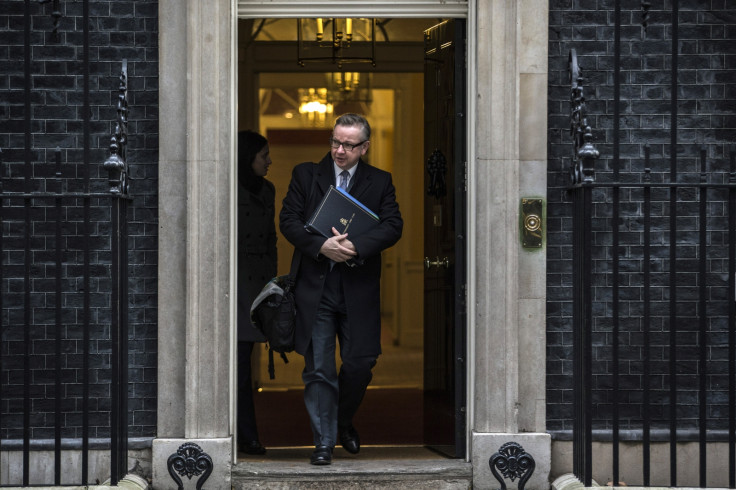Why white collar criminals are not that bad
Much of the general public seems keen only in criminals being locked up with no soft alternatives to prison sentencing. Most have little or no idea of the financial cost and long-term impact of a custodial sentence. Senior Tory Michael Gove, who saw the flaws the moment he sat behind his new desk, now needs to show the public and the judiciary that the system is in fact counter productive: it both increases crime and places excessive costs on the taxpayer. He needs to do this in double quick time.
The BBC Panorama programme broadcast on 12 October, highlighting dramatic sentencing reforms in Texas, showed sending fewer people to prison reduced both crime and cost to the taxpayer (it was reported that in the US, prison is 17 times more expensive than probation).

Gove's search for alternatives to prison – to reduce cost, recidivism and the "crime university" factor – is greatly helped by technological developments such as GPS tagging and biometric reporting, which allow convicts to be held in virtual captivity, or limited in their movements, without going to prison.
There is much to be said for the short, sharp shock in many circumstances. But long-term incarceration should only be for those from whom society needs protection.
In our experience – we both served sentences for white collar crimes – the prison population divides up into the Mad (10-20%) the Bad (30%) and the Sad (50-60%). The 30% who are a malign threat to society have to be locked up. Of the rest, the Mad should be helped in proper facilities and the Sad – those who have made stupid mistakes rather than set out to cause harm or damage – have a realistic chance of being rehabilitated and reintegrated back into society.
Notwithstanding the efforts of the Crown Prosecution Service, we have seen countless examples of white collar criminals who have taken a wrong turn and then compounded their error by trying to cover it up. They are, for the most part, first-time offenders and have demonstrated extremely low recidivism rates, even after serving frequently long sentences. As a group, they represent little or no ongoing threat to society and should, after a punishing period of harsh confinement, be released on highly restrictive licence conditions far earlier than is the case today.
However, any minister who wants to take a more sensible approach to the current system is facing two large political problems: a traditionally sadistic approach to justice in the UK, and a resentment at the thought that white collar criminals should enjoy different treatment to others.
Gove showed his willingness to take on established interests at the Department of Education; we hope he has what it takes to do the same at the Ministry of Justice.
Steve Dagworthy and Bettina Jordan-Barber are senior consultants at Prison Consultants, a company that provides support and legal services to those dealing with court cases or prison sentences.
© Copyright IBTimes 2025. All rights reserved.





















